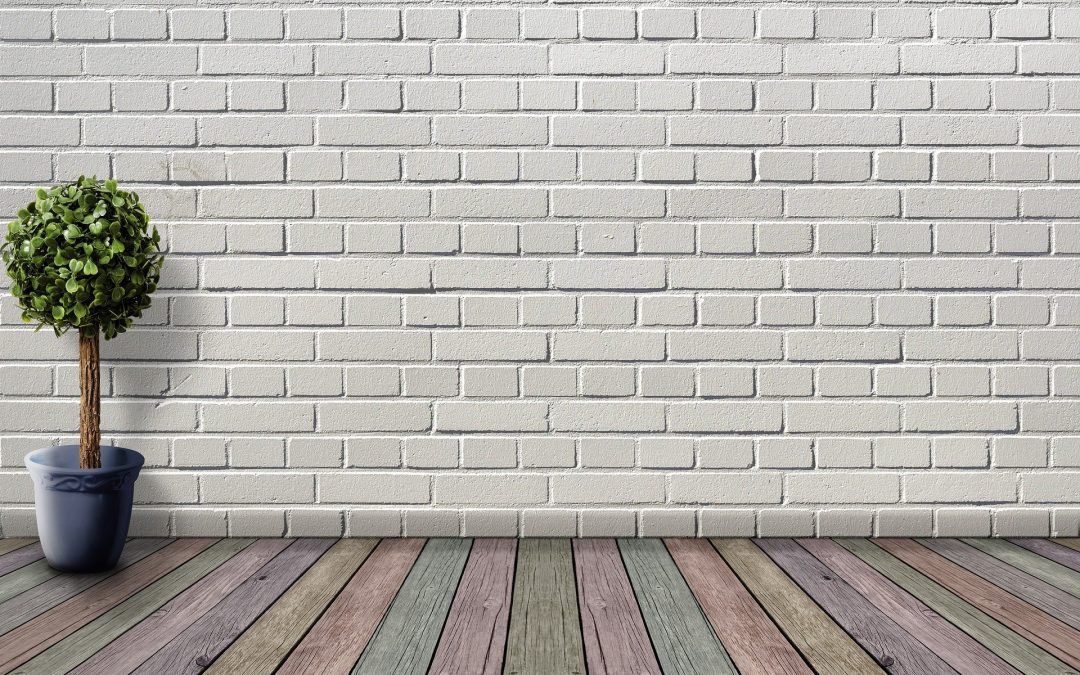Scent-wise, there’s no such thing as a blank canvas. If your new home was recently occupied, you have the “living smell” of the previous resident to replace. This isn’t necessary an unpleasant smell – it’s just…different. Older properties that have been empty for a while can smell musty or stale. A newly decorated home might smell of fresh paint and replaced carpets: lovely, but rather too heady for comfort.
Your new home will gradually take on the smells of your old household, but there are a few things you can do to help it on its way.
Fresh air and elbow grease
First thing: neutralise the new house’s current smells. Start by flinging open those windows and doors. Let the old air out and the fresh air in. This might sound basic, but this really is the best first step for changing the smell of a house. It’ll also prevent fresh paint smells from feeling too heavy.
And unless something’s fresh out of its wrapper, clean it. Use the same cleaning products that you used in your previous home if you want to transfer familiar scents. Even if everything looks pristine, a quick spritz and wipe with your regular kitchen or bathroom cleaner will help to reintroduce a well-known scent.
Clean the carpets and curtains
Nothing holds a living smell like a carpet does. Unless the carpets are brand new, always give them a good clean, ideally before you move in as it’s much easier. Hire something like Rug Doctor to give the carpets a thorough freshen up, even if you plan to get rid of them in the near future. This will go a long way towards neutralising the old smell of the house.
If there are curtains in your new property, they’ll need a clean, too. Some curtains can go in the machine on a cool wash, while others can’t – it’s hard to tell when you’ve inherited them. At the very least, take them down and hang them on the washing line for an airing. Bicarbonate of soda is a brilliant natural deodoriser that absorbs unwanted smells. Sprinkle it on dry, make a paste with a bit of water, or use a soaking solution with more water, depending on what you’re cleaning.
Introduce your favourite smells
Hopefully, the fresh air and scrubbing will have gone a long way towards neutralising the old smell. Alongside this, you can introduce your own favourite fragrances. Reed diffusers are a great way to create a gorgeous new background scent. They will last for weeks, and gently add an ambient scent to your new rooms. Fresh flowers will have a similar effect, although you will need to replace these every week.
If there’s a scented candle fragrance you particularly love, this is another good way to transform the scent of a room. Lighting a candle immediately introduces a new smell: perfect for those first evenings when everything smells unfamiliar. Although not as strong-smelling as a diffuser, a quality candle will have a good “scent throw”. This means that it will still impart its fragrance, even when it’s not lit.
… and some familiar smells, too
These aren’t necessarily the best of smells, but they’re part of your household. For example, if you’re moving with a dog or cat, don’t wash their bedding in the run-up to the move. Leave it unwashed (barring accidents) until your pet has well and truly settled in. Our furry friends will feel comforted by the familiar smell of their bed or blankie, or even one of your garments. The same can be true with younger kids (although maybe don’t leave the laundry for quite as long!). Don’t be tempted to go for the fancy new duvet set for the first few sleeps, as if they wake in the night, they’ll feel reassured if their bedding feels the same.
If you are trying to replicate the scents of your old home, buy your usual household cleaners and soaps. Don’t change any brands at first, even the cat litter. Wear the same perfume or aftershave, and stick to your favourite bathroom products. All these things will gradually come together to form the unique blend of smells that you’ve become used to.
Get cooking
Nothing changes the smell of a house quite like cooking. If you want to go in hard and fast, have a curry on the first night, and the kitchen will instantly take on a different aroma. When you start cooking all your usual dishes, the living areas will gradually take on familiar scents. A roast dinner, a round of toast, a freshly baked cake: all these everyday aromas will make your kitchen smell like home.
As estate agents will tell you, a pot of coffee works wonders. if you’re an habitual coffee drinker, make a jug or cafetiere, and let the smell of that brilliant bean waft enticingly around the house. Don’t bin or compost the coffee grounds immediately, as they absorb odours (a bit like bicarb). Spoon the grounds into an old sock, and place it somewhere that needs a refresh, like the larder. We realise that filling an old sock with used coffee sounds a little odd, but trust us with this one!
Do some laundry
The smell of our clothes is one of our signature scents. If you’ve a sensitive nose, you can probably identify whose coat is whose at work by their scent alone (and possibly even recognise the laundry brands, too). Most of us rarely change our brands of washing powder and fabric conditioner because of how distinctive the different scents are.
The first time you do a load of washing in your new home, the familiar fragrance of the laundry products will start to fill the house. Your bedding, towels, throws and cushion covers will all take on a freshly washed scent; and of course, your clothes will add to the general fragrance mix.
Home, sweet-smelling home
With a combination of cleaning, everyday living and deliberately introducing your favourite smells, you can soon transform the ambient scent of your new home.
If you’d like any advice in choosing the right reed diffusers or scented candles for your new home, please drop us a line at Dexter & Mason. We’re always happy to discuss fragrances.


